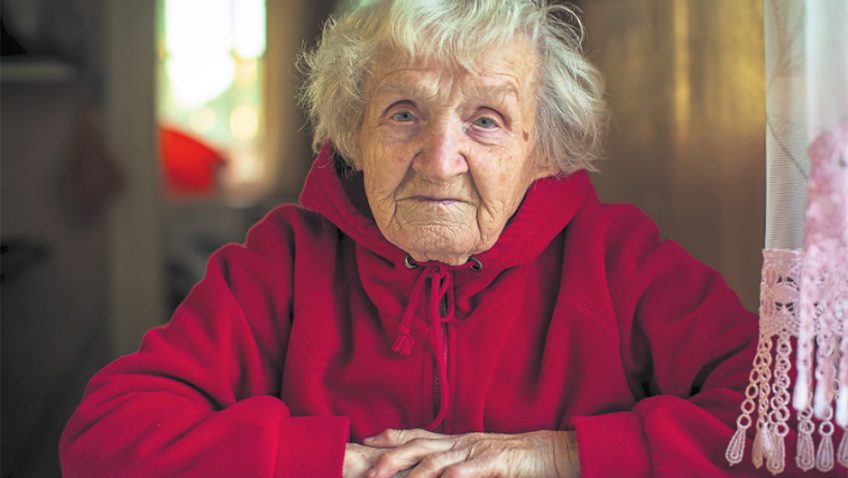The recent cold snap, bringing with it icy blasts and snowfalls, have again raised the issue of keeping warm, safe and well during the winter for many elderly and vulnerable people in our communities.
For some elderly people, and for others with long-term health conditions, the winter can be a tricky time of year. The ability to control and regulate body temperature can be reduced; the older we get, the quicker we lose body heat. Cold weather also suppresses the immune system making some more susceptible to cold and flu viruses. The increased risk of hypothermia and the effect that cold weather can have on blood pressure makes some people more vulnerable to other health conditions, such as heart attacks and stroke.
Keep the heat in
Keeping homes warm can be a challenge, especially for those on a reduced income. For those who have limited mobility, it is recommended that the home should be heated to at least 18ºC. If this is unaffordable, then heating a couple of rooms to this temperature may be the answer – it’s better to take your bedding into the sitting room to sleep than to sleep in a cold bedroom. Drawing the curtains as soon as it gets dark and keeping internal and external doors closed helps to keep draughts at bay and the heat in. What we wear is important; a few layers is better than a thick jumper. Looking after ourselves – and those around us who may need extra support – is crucial at this time of year.
Isolated by the weather
Perhaps one of the less talked about side effects of bad winter weather is its impact on mood. Treacherous icy pavements and bitter winds can keep people with mobility issues indoors for days, meaning little or no contact with friends and neighbours. Those who are unable to get out and about can often feel isolated and vulnerable, especially those living alone or in more remote areas.
It’s all too common for the elderly to carry on without asking for help, as they ‘don’t want to be a nuisance’. Even when things become problematic, they are more likely to struggle on than ask for assistance and feel they are a burden to others. Invariably, this means they restrict their daily lives and consequently see fewer people. This is where we can all help.
Caring and sharing
Being a caring neighbour and keeping an eye on those around us who may need some support is invaluable. This can be anything from dropping in for a chat and to check an elderly neighbour is okay; doing a bit of shopping; making sure they have sufficient food and medication; checking that their heating is working and that they are warm (especially at night); putting the bins out or even making them a hot meal. In more severe, snowy weather, clearing snow from outside an elderly neighbour’s home, especially if you are already doing so for your own house, could make a huge difference to enabling them to go outside safely.
Just knowing that some of the practical tasks are being looked after can be a huge comfort. It doesn’t need to be too onerous. Indeed, many older people may not need practical help but would benefit hugely from a friendly chat. All this can help keep the feeling of loneliness at bay; connecting with our community is something we can all benefit from.




